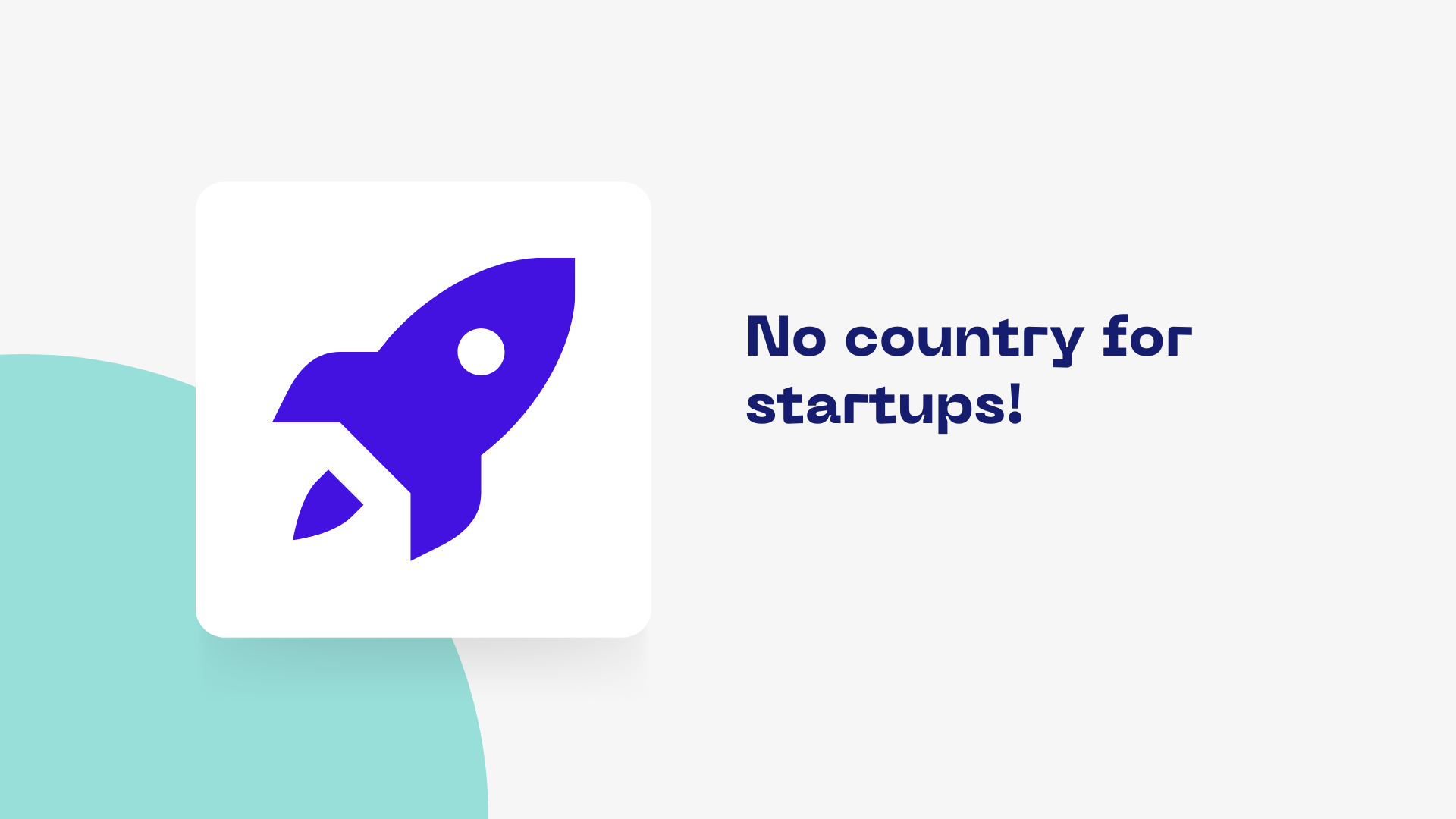When most of us think about employment and jobs, large and well-known companies at the national or international level come to mind. However, the reality is that in most countries, the main driver of the economy, innovation, and employment lies with small and innovative businesses. These SMEs and startups, with their motivation and efforts, provide more choices and lower costs for society, and by filling market gaps, they offer more services to the community.
Despite the promising developments in the digital economy, including artificial intelligence, SMEs in Iran are unable to benefit from them and see them as unattainable fantasies.
We live in a country where constraints surround us instead of opportunities. Social media networks, including TikTok, YouTube, WhatsApp, Instagram, Facebook, and others, are all blocked, and digital marketing in Iran is limited to SEO, email, and banner ads on local websites. Even Google Ads are not fully functional in this country. Due to the widespread use of VPNs by Iranian users to bypass restrictions, even website analytics tools do not provide accurate information and statistics.
In addition, internet quality has become a nightmare for owners of online businesses. Extremely slow speeds, infrastructure problems, and restrictions that force online businesses to use domestic hosting services are like a punishment for digital businesses.
The most upsetting part is the lack of hope for the future. Every day, more and more rules are imposed on businesses, making the already fragile digital business structure in Iran even weaker.
I consider myself lucky to have been part of Iran’s startup community about ten years ago, in the days following the Iran nuclear deal and the rise of internet businesses in the country. These were the days when startups had become a symbol of transformation and innovation, and the future looked bright as we participated in the most anonymous and unknown startups with enthusiasm and eagerness to grow. These were the days when, like Indiana Jones, we were looking for the lost treasure, and we followed startup events and competitions in Iran every day with such excitement that exhaustion was meaningless to us. Being part of a startup was not just a job, but a symbol of progress. The entrepreneurial ecosystem was like a tribe that created a strong sense of belonging and attachment among its members. But unfortunately, these days it did not last long. With the arrival of Trump as the president of the United States, the collapse of the nuclear agreement, and the increasing international pressure on Iran, the space for activity in the ecosystem decreased day by day. Last year, with the passing of Mahsa Amini, and the creation of more regulations and restrictions on online activities, online businesses began to decline. Many members of the tribe migrated to distant countries, and except for fond memories of the past, nothing remained of this ecosystem.
These days, none of the small or large businesses, whether a startup or a traditional business, have real tools for advertising, measuring real marketing costs, accessing artificial intelligence tools, and many other things. Investors prefer to focus on buying real estate, cars, and gold instead of taking risks and investing in startups. Starting a business with a new idea has no economic justification, and often startups that have survived the past are thinking about survival.
As an old but enduring member of the tribe, I have been striving with hope for the future all this time, but gradually, the course of my hope is turning towards silence. With the very high inflation rate and the decrease in people’s purchasing power, having a small business is not economically justified. Despite working tirelessly for 5 years and employing 5 active staff, the net profit of my business is even less than that of a new programmer in an American company like Google. My vision of thirty years of age was days filled with success, conquering new peaks, and innovations, but now I am the owner of a business that I have no idea what it will be like in six months.
As skilled professionals leave, the availability of human capital begins to decline, which can have negative implications for younger generations entering the job market. Without the guidance and mentorship of seasoned professionals, these young workers may struggle to navigate the complexities of their roles and miss out on the benefits of learning from the experiences of those who came before them. This can result in a lack of innovation, a slower rate of growth, and an overall decrease in the quality of output from the workforce.
There is no place for startups in this country.
